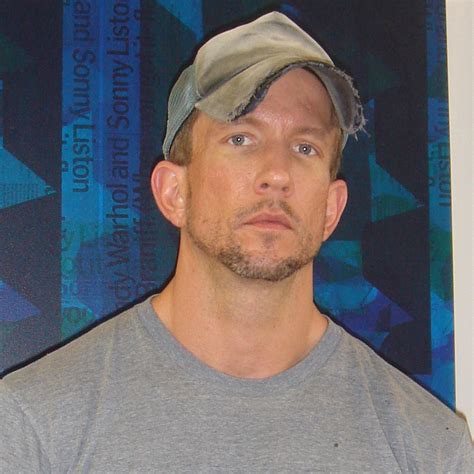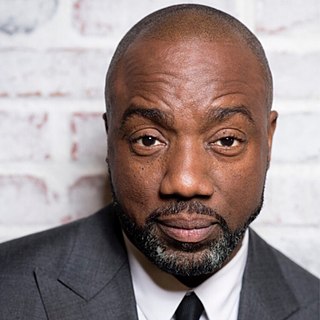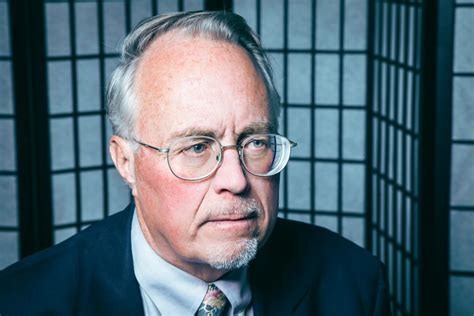A Quote by John Lewis
The assassination of Martin Luther King, Jr. made me very, very sad, and I mourned and I cried like many of our citizens did.
Related Quotes
I remember back in the 1960s - late '50s, really - reading a comic book called 'Martin Luther King Jr. and the Montgomery Story.' Fourteen pages. It sold for 10 cents. And this little book inspired me to attend non-violence workshops, to study about Gandhi, about Thoreau, to study Martin Luther King, Jr., to study civil disobedience.
I was working in the gap where Martin Luther King, Jr. quoted communism and Warhol appropriated the protest image and named it riot, which is precisely what King didn't want his cause to be associated with. But that was the very thing that made it sexy to the art world. So I played between the two associations.
I was born in '58, so the riot in Detroit in 1967 was a memorable introduction to the issue of race and how race made a difference in American society. And then the next year, of course, Martin Luther King Jr.'s assassination. And the Detroit Tigers winning the World Series. All of that made a huge impression on my growing mind.
I still hear people say that I should not be talking about the rights of lesbian and gay people and I should stick to the issue of racial justice. But I hasten to remind them that Martin Luther King Jr. said, 'Injustice anywhere is a threat to justice everywhere.' I appeal to everyone who believes in Martin Luther King Jr.'s dream to make room at the table of brother- and sisterhood for lesbian and gay people.
Every now and then I think about my own death, and I think about my own funeral. [...] Every now and then I ask myself, 'What is it that I would want said?' I'd like somebody to mention that day, that Martin Luther King, Jr., tried to give his life serving others. I'd like for somebody to say that day, that Martin Luther King, Jr., tried to love somebody.
Essentially, I'm a very real person; good and bad. And the public image is one of being very good, I suppose. But one of the reasons I'm attracted to people like Martin Luther King, Jr., Gandhi, Christ, to pacifism, is because naturally, I'm the guy that would not turn the other cheek - but, when people see you're attracted to that, they think you are that.































